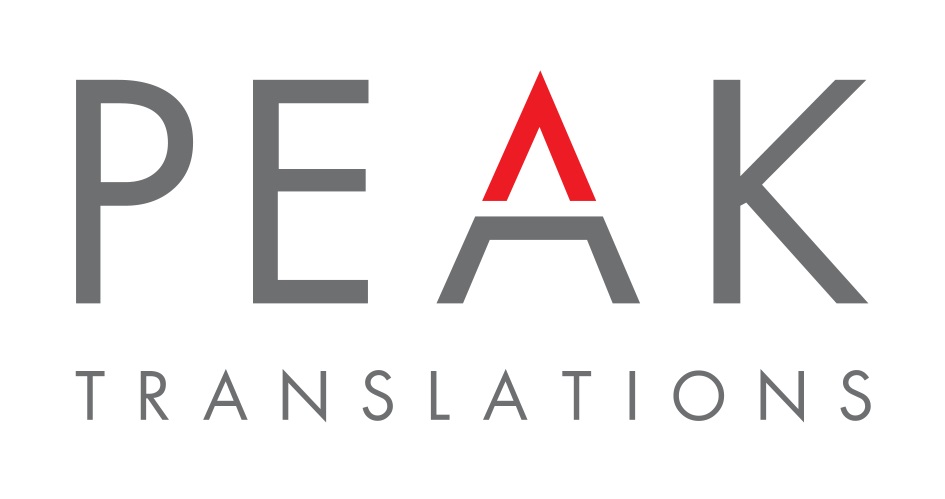 Add My Company
Add My Company
Why pay to have your translation revised?

Wanting to find the best price for a service is a driver for any business. Paying for translation is no different. Yet, like any other service or product, reducing the price comes either at the expense of speed or quality. Reduce the cost and maintain the speed, and quality drops (since the cheapest translators are the cheapest, and most available, for a reason). Reduce the cost and maintain the quality, and the translation will take longer to deliver. After all, the most profitable work has to be priority for any supplier.

When considering the question of cost, it is worth exploring if and when second-stage revision is needed.
Here’s the five questions we think should be considered:
1. What will the translation be used for?
There are so many different uses for translated copy. Promotional or instructional purposes like brochures, websites and user manuals. Official purposes like contracts, certificates of conformity, or other legal documentation that could end up in dispute in a court of law. If you need the translation simply to get the gist of the message or for your own information purposes, then a one-stage translation might suffice. If, however, the material is to be published, two-stage translation is recommended.
2. What commercial implications might arise from getting it wrong?
What’s the implication of getting even one word wrong? If you are translating instructions for a piece of equipment or machinery, or as a patient information leaflet, the implications of poorly translated copy may be harm or death. Similarly, any ambiguity in meaning in an agreement between two parties, or perhaps where a clause has been missed from a contract, might slow down a commercial process.
Even missing one symbol can have an unfortunate consequence as we were to identify recently when reviewing a client’s historic Spanish translation. The absence of the squiggle over the n – ñ – had changed the word ‘years’ to ‘anuses’!
3. How quickly do you need it?
To produce the high quality translations for which Peak Translations is known, we recommend no more than 2,000 words per day as a first-stage translation. A word of caution, however, if you decide to shortcut the process by using a native speaker within your business to undertake the review. Our experience tells us that a document of 15,000 words will require 15 hours of review time alone; not simply to check that the copy in itself is accurate but also compared to the original document, making sure nothing has been missed and that the right meaning has been transferred over.
4. How important is your reputation?
Our advice, and indeed a position reinforced by ISO 17100 Translation Services Management certification, is that two-stage translation is needed in most instances. At Peak, we liken this two-stage process to the editorial process undertaken by broadsheets and leading magazines. The journalist may have an excellent command of language and written ability but the fresh pair of eyes of an editor checks for more than the accuracy of the written word. They will check for facts and that there can be no misinterpretation of meaning. In a similar way, a reviser checks the original document to make sure that nothing has been missed and that the correct meaning has been transferred over to the translated material. They will make recommendations and improvements, and act as a failsafe against human error –thereby protecting your reputation as a result.
5) What value can be added beyond two-stage translation?
Peak’s project management team is made up of qualified translators. They are as adept at understanding the pitfalls of language transfer as they are skilled in the languages themselves.
Let’s take the example of an online children’s maths program where we were asked to translate questions and answers but leave certain fields blank for the students to enter their answers. Since the number two is “dau” before masculine words and “dwy” before feminine, we needed to consider that in how we translated the rest of the answer. In fact, the issue extends beyond masculine and feminine. There are also some challenges around mutation in some Welsh numbers and nouns, e.g. ‘my brother’ is ‘fy mrawd’, but ‘two brothers’ is ‘dau frawd’ and ‘three brothers’ is ‘tri brawd’. This understanding of linguistic context added significant value to the project.
FOR ALL YOUR LANGUAGE REQUIREMENTS CONTACT THE PEAK TEAM FOR ADVICE
ON
projects@peak-translations.co.uk
OR
01663 732 074
WE’RE ALWAYS HERE TO HELP WITH ANY QUERIES
For more information on Why pay to have your translation revised? talk to Peak Translations Ltd

